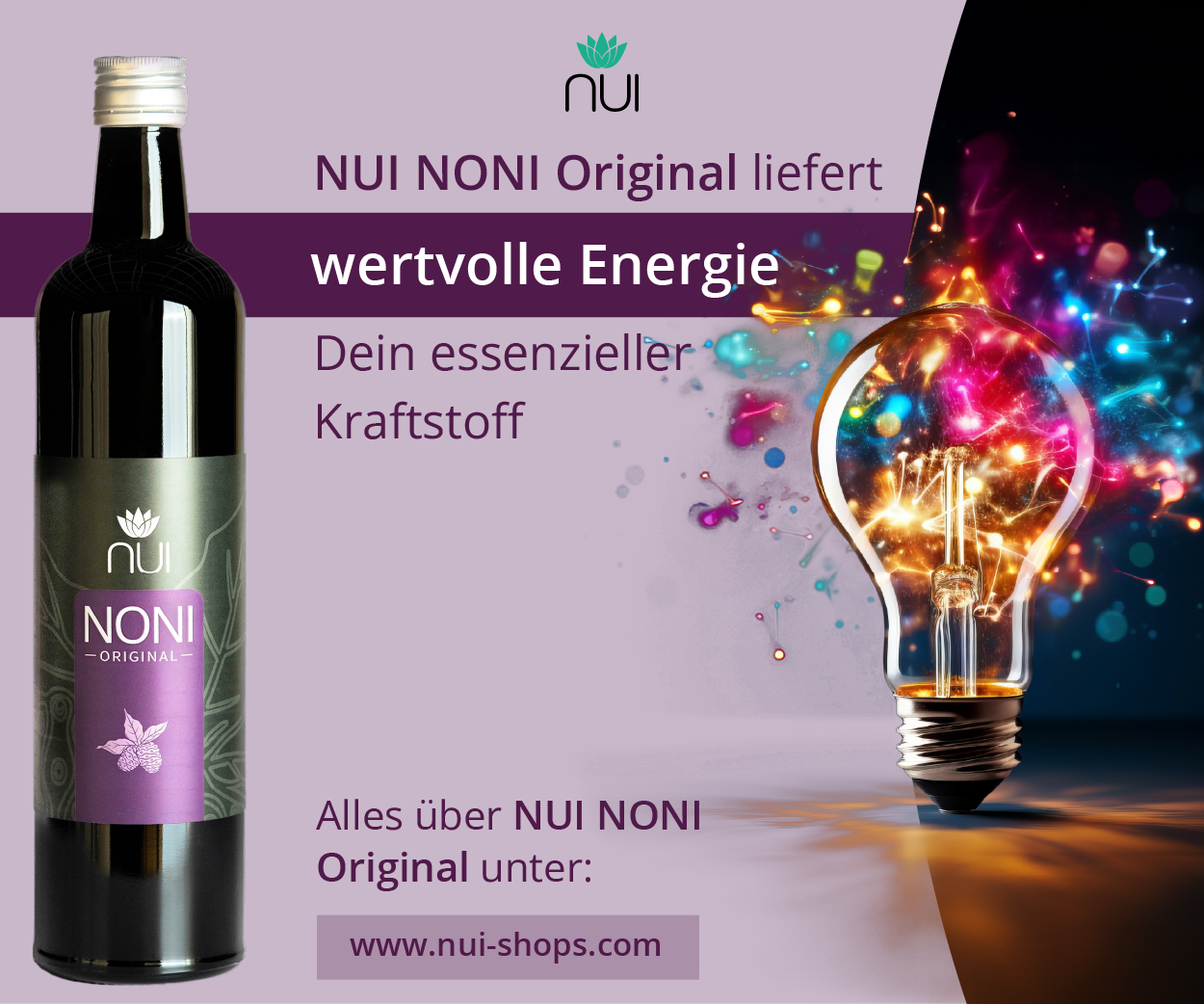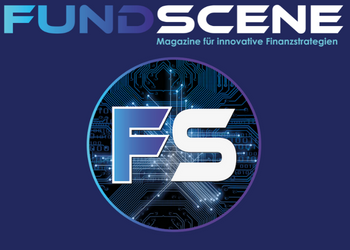[et_pb_section bb_built=“1″ admin_label=“section“][et_pb_row admin_label=“Zeile“][et_pb_column type=“1_2″][et_pb_image admin_label=“Bild“ src=“https://gruendermetropole-berlin.de/wp-content/uploads/2017/03/Hitoshi-MASUDA.jpg“ title_text=“Jens-Peter Hampel, VP Business Unit Electronic Manufacturing Service in der Robert-Bosch-Car Multimedia GmbH Hildesheim“ animation=“off“ align=“center“ custom_margin=“120px|||“] [/et_pb_image][et_pb_text admin_label=“Text“ background_layout=“light“ text_orientation=“left“ background_color=“#eaeaea“ use_border_color=“off“ border_color=“#ffffff“ border_style=“solid“]
Mr. Hitoshi MASUDA has been the Director General of the Japan External Trade Organization in Berlin since 2015. In 1987 he joined the department for industrial structural adjustment of domestic coal industry at the Agency of Natural Resources and Energy, Ministry of International Trade and Industry (MITI).
Thereafter he was involved in the Small and Medium Enterprise Agency, Chubu and Kanto Bureaus and experienced regional economy revitalization and SMEs overseas development as well as agricultural-industry cooperation and tourism for regional economy. Mr. Masuda completed his Master degree at University of Tokyo as well as in the UK and the US. JETRO Berlin is his second JETRO assignment after London from 2005 through 2008.
[/et_pb_text][/et_pb_column][et_pb_column type=“1_2″][et_pb_text admin_label=“Text“]
Why is Japan interesting for investors?
Japanese companies are ambitious, striving for perfectionism and to become market leaders in their business field. They do not only focus on Japan but also strive to conquer markets in US and Asia. Japan is back on track to drive global innovation and growth, welcoming the world in realizing the future of Society 5.0 together. Japan is rapidly moving towards “Society 5.0” adding a fifth chapter to the four major stages of human development: hunter-gatherer, agricultural, industrial and information.
In this new ultra-smart society, Japan will further expand networking and IoT capabilities from advanced innovations in manufacturing to every corner of society, dramatically improving the quality of life and accelerating economic growth. Sensing, robots, telecommunications, big data and cloud computing will be integrated in Society 5.0, helping people surmount problems now seen insurmountable. CeBIT Japan Summit on March, 20th will give you full insight into how Japan wants to achieve the integration of cyber and physical spaces. Registration is possible under http://www.cebit.de/en/forms/cgc/cebit-japan-summit/
[/et_pb_text][et_pb_image admin_label=“Bild“ src=“https://gruendermetropole-berlin.de/wp-content/uploads/2017/03/PartnerCountryLogo.jpg“ show_in_lightbox=“off“ url_new_window=“off“ use_overlay=“off“ animation=“left“ sticky=“off“ align=“left“ force_fullwidth=“off“ always_center_on_mobile=“on“ use_border_color=“off“ border_color=“#ffffff“ border_style=“solid“] [/et_pb_image][/et_pb_column][/et_pb_row][et_pb_row admin_label=“Zeile“][et_pb_column type=“1_2″][et_pb_text admin_label=“Text“]
What characterizes the Japanese market?
Japan is the 3rd biggest economy in the world. The customers in Japan, which inhabits 127 million people, are said to be curious and open for new products and innovations. They are keen to try new products but also used to high-quality items and services. Just like Germany research institutions support new technological development, companies are looking for partners in the startup world to team up and disrupt markets together.
The Japanese industry was the driver of cutting-edge innovations for decades. With the Implementation of IoT into every part of life Japans aims at rebooting it`s broad industrial base, trying to make the most of the well-known Japanese craftsmanship and challenge to create a Society 5.0 where cyberspace and everyday-life will be connected.
What does JETRO expect from this year’s CEBIT?
JETROs goal is to enhance the cooperation of Japanese startups and SMEs and their German counterparts as well as R&D institutions and German VCs. Our Business networking on March, 21st will be THE opportunity to meet around 50 Japanese startups and SMEs face-to face, to get to know more about their innovations and business models and to discuss cooperation that brings synergies to both partners.
Works Applications Co. Ltd. e.g. strives to revolutionize the labor world with a unique concept. Magellan Systems Japan Inc. is one of the forerunners when it comes to autonomous driving system development in Japan. Kabuku Inc. wants to democratize the manufacturing world through MMS connections and a 3D printing marketplace. Prodrone Co. Ltd. develops customizes industrial drones capable to carry 30kg of payload and surveying at high-altitudes exceeding 5.500m. Just register at http://www.jetro-cebit-networking.de/ to meet outstanding Japanese entrepreneurs. You will find information about all 117 participating companies: www.jetro.go.jp/ext_images/germany/topics/exhibitors_highlights.pdf
Vielen Dank für das Interview.
[/et_pb_text][/et_pb_column][et_pb_column type=“1_2″][et_pb_text admin_label=“Text“]
Why is Japan interesting for German startups?
We in Berlin have experience how important an effective ecosystem is. The Tokyo ecosystem in Shibuya, Roppongi, Minato and Shinagawa has developed steadily over the last years, attracting more and more foreign companies and capital. Startups in Tokyo are ready to operate in the world`s largest metropolitan market with access to 37 million customers and a GDP of about 1.520 billion according to the Global Metro Monitor of the Brookings Institution. The New York area e.g. only has a GDP of 1.210 billion. It is not new that Japanese and German technologies lead and their products have become bywords for quality, reliability and precision around the world. With aiming for innovation and quality in both countries doing business is not as different as one may think.
Of cause Tokyo is not the Silicon Valley but a more steady development similar to Berlin guarantees that no bubble develops and startups, companies, R&D institutions as well as the capital side are linked in a healthy way to do business.
[/et_pb_text][et_pb_signup admin_label=“Accelerator“ provider=“mailchimp“ mailchimp_list=“8766a3bdd0″ aweber_list=“none“ button_text=“Los geht´s!“ use_background_color=“on“ background_color=“#e02b20″ background_layout=“dark“ text_orientation=“center“ focus_background_color=“#edef70″ use_focus_border_color=“off“ use_border_color=“off“ border_color=“#ffffff“ border_style=“solid“ custom_button=“on“ button_letter_spacing=“0″ button_use_icon=“default“ button_icon_placement=“right“ button_on_hover=“on“ button_letter_spacing_hover=“0″ body_font_size=“19″ body_font=“|on|||“]
Für Deine Startup-Entwicklung
mit Acceleratoren und Inkubatoren
trage Dich hier ein:
[/et_pb_signup][/et_pb_column][/et_pb_row][/et_pb_section]




